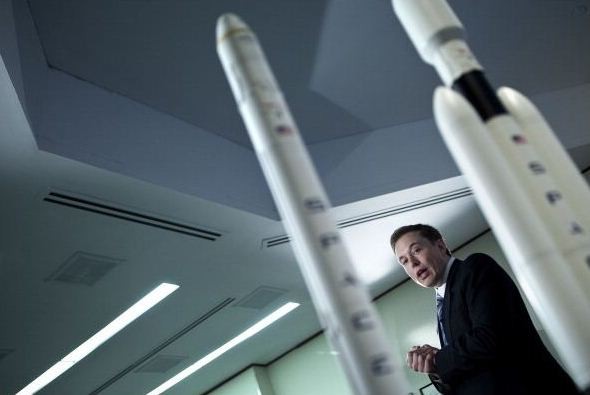After a Falcon 9 rocket exploded on Sep. 1, 2016 on a launch pad, Elon Musk's Space X now claims to have learned its mistake and is even ready to launch its next mission in the coming days. The launch is set for Jan. 8, Sunday and will see the delivery of 10 Iridium NEXT communications satellites to space.
Since the explosive accident, Space X halted all its planned launches to give room for investigation and avoid similar mistakes in future. The company collaborated with specialists from the United States air Force, Federal Aviation Administration, NASA, and National Aeronautics in the probe.
The experts looked over the 943 milliseconds collected from 3,000 channels of video in an attempt to review the accident from the first glitch to the eventual loss of the rocket. Musk told the cable news network CNBC in an interview that it was the toughest puzzle that Space X has ever had to solve.
The Chief Executive also said that the root of the explosion has never been encountered before in rocketry. Apparently, Falcon 9's explosion involved a blend of liquid helium, solid oxygen, and carbon fiber composites.
According to News.com.au,the investigation team believes that one of the composite-wrapped pressure vessels in the rocket that store helium was the root of the problem. The vessel's role is to pressurize the rocket's second-stage liquid oxygen tank and may have encountered a fault before the whole rocket went down in flames.
To fix the problem, Space X plans to change the overall configuration of the rocket to a prior-flight-driven one based on operations used in over 700 successful COPV loads. The company will take further take precautionary steps before beginning human space travel operations in 2018, RT News reported.
Meanwhile, if the planned launch on Jan 8 becomes successful, Space X will resume its regular launches, including plans involving crew capsules commissioned by NASA to ferry astronauts to the International Space Station (ISS).
Here is footage of the last Space X Falcon 9 explosion and explanations behind it:



























